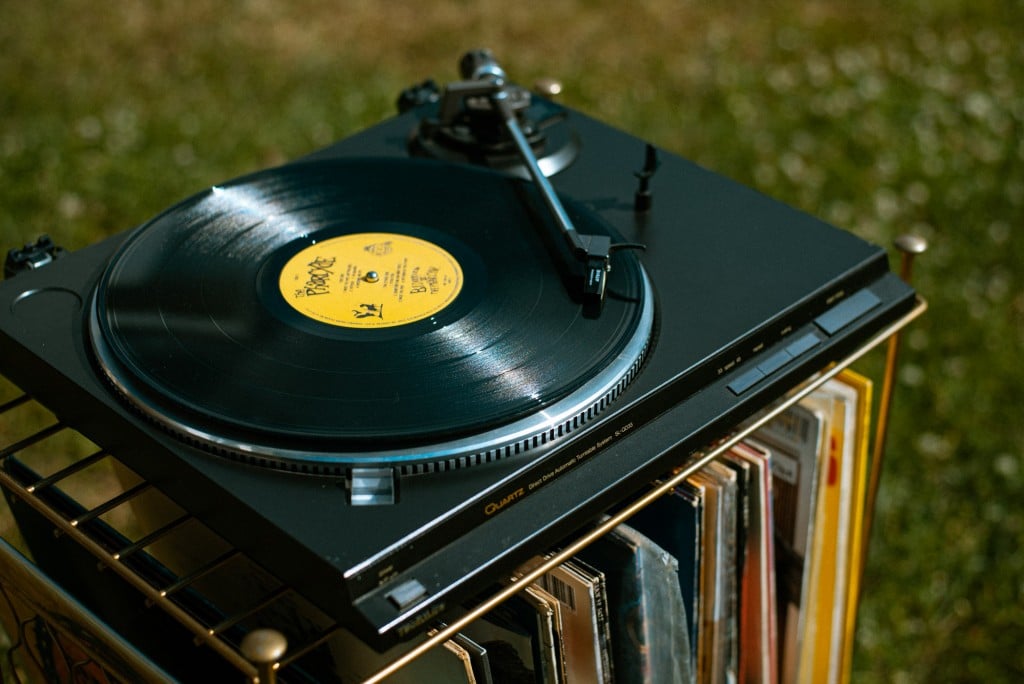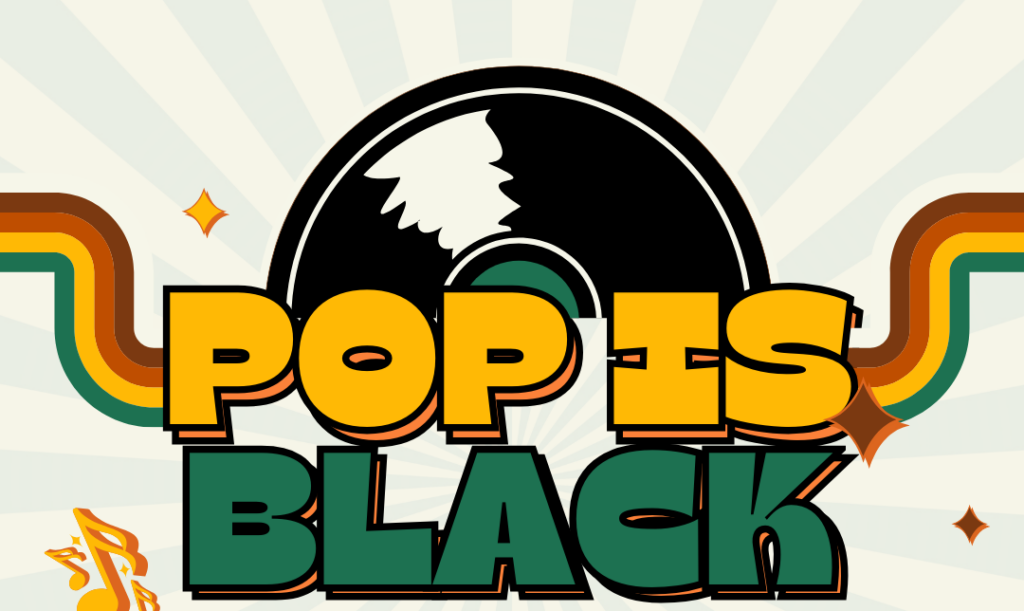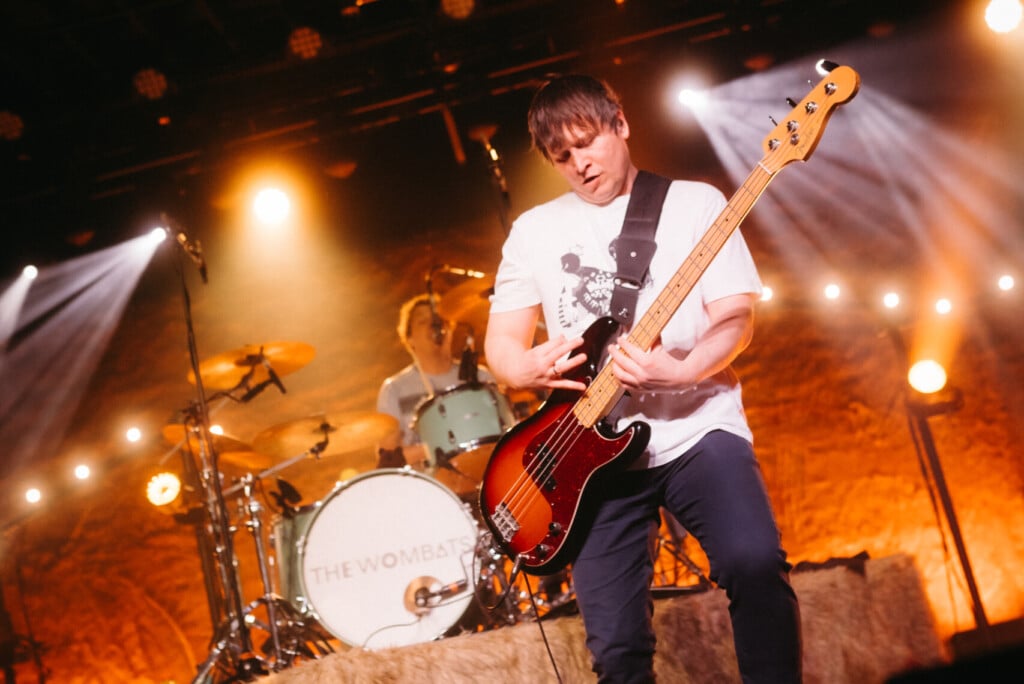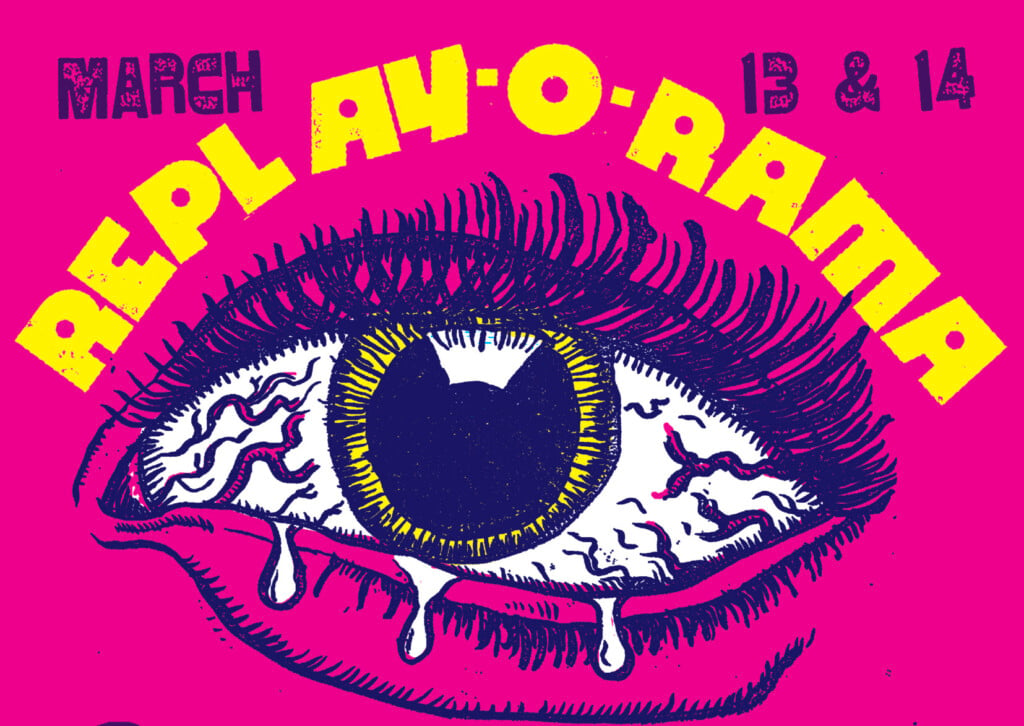Making a Move
Joe Cummings knows the RAVE Act. He has followed its progress, studied its wording and researched its recent applications. The act hasn’t directly affected him, and he hopes, as a promoter of legitimate dance-music events, that it never will. Still, he remains wary, because three years ago police charged him with a Class-C felony, “maintaining a public nuisance,” after they raided his Tune In dance party at the Red Barn in Swope Park (Casey Logan’s “Let’s Dance,” October 11, 2001).
Prosecutors dropped the charges in April 2001, and Cummings, who has independently promoted more than fifty shows and provided lighting for more than 300 others, went back to putting on beat-driven extravaganzas. But he was through with Red Barn-storming. He started looking to established venues, such as the Uptown Theater, where he oversaw productions such as the ten-DJ behemoth “Mastermind.” He also had a hand in other Uptown gigs, providing lighting and expertise when Carl Cox and Paul Oakenfold came to town. Cummings worked closely on these shows with then House of Blues promoter Bill Pile, who specializes in hip-hop and electronically enhanced concerts. After Pile left House of Blues, he and Cummings quickly formed a partnership called U-Move.
Though both had been largely successful, Cummings and Pile had both suffered setbacks. For Cummings, it was the “public nuisance” rap; for Pile, it was the Cox show, which drew about half the attendance for which he had budgeted. U-Move aimed to alleviate the root causes of these problems. In Cummings’ case, this meant working only with insured, up-to-code venues with their own security staffs. For Pile, it meant changing his focus from artist-centric marketing to touting the entire experience.
“I thought Kansas City was ready for the Carl Cox show,” Pile recalls. “He’s an internationally known DJ, and there had been good crowds for the other Uptown events. But I ended up falling flat on my face. In retrospect, I spent too much time putting his name out there instead of emphasizing that the whole evening would be entertaining.”
These days, U-Move attracts audiences much larger than their headliners’ statuses would suggest. Last month, Green Velvet, DJ Rap and DJ Icey nightcapped an event called Represent, but eager dancers packed the Uptown more than three hours before any of the semi-big names started spinning. With six rooms on three floors, each room with its own distinctive lighting and vibe, partiers had plenty to peruse.
Represent drew visitors from as far away as Omaha and Iowa, as have most of U-Move’s recent productions. Support from other states expands the size of the Kansas City market, which in turn allows Pile and Cummings to attract top-notch talents even when they’re planning limited tours. U-Move has also enhanced XO’s profile, pulling progressive favorites such as Christopher Lawrence, Dave Aude, Paul Oakenfold and DJ Micro into their first Kansas City club gigs.
“Years ago, it was the cool thing to see live bands, even if you’d never heard of them,” Pile says. “Now, people show up late and leave right when the group they came to see is over. We’re creating an environment in which people want to stay for the entire duration. You’ve got to throw the wickedest party you can and make it about more than the DJ.”
“People tell me, ‘I didn’t care for the music, but I had a really great time,'” Cummings adds. “We have to push people out the doors at the end of the night, and the floor is already crazy a few minutes after we begin.”
Upcoming events on the U-Move calendar include acid-trance pioneer Josh Wink’s August 22 appearance at Kabal and a Digital Underground/DJ Funk double bill at the Beaumont Club. DU has played traditional-format concerts in the area in the past few years, but Pile says to expect something totally different from the hip-hop humpty-dancers this time.
“The artists are there to complete our vision,” Pile explains. “They’re creating the ambience, and we bring everything else to the table in terms of the presentation and the lighting. People might just think it’s a normal Digital Underground concert, but then if they go to St. Louis the next night and see them play a normal set in some shitty club, they’ll see the difference.”
When word of the RAVE Act first spread, many in the electronic-music community feared that even these valid events would become casualties. Pile says U-Move has yet to become a target of such scrutiny, but he remains critical of the act’s potential impact.
“It’s so vague,” he says. “With a thousand people coming in, it’s almost impossible to ensure that no one is sneaking anything in. It’s like how insurance is astronomically high now, because people sue the venue if they get punched in the face by a patron. What, do we have to give a mental evaluation to everyone who walks through the door? Nothing is completely secure.”
At the Tune In party where he was unjustly busted, Cummings had his door staffers emptying bags and cigarette boxes and giving thorough pat-downs. Such vigilance didn’t prevent patrons from smuggling in narcotics or prevent police from holding him responsible. But while he’s been burned by a RAVE Act-like restriction, Cummings maintains such guidelines are necessary.
“The RAVE Act is controversial because it’s so broad, but it’s not a problem yet,” he says. “For the most part, the people who have been charged with it so far deserved it. These were unscrupulous places with rampant drug use and no efforts to contain it. The act hasn’t been faced head-on by someone that’s been falsely accused, and it won’t change until then. But all it would take is some police officer on his high horse who doesn’t like your club and wants to drag you through the mud.”
To date, though, raids have targeted independent events much more than clubs. U-Move’s organized dance events at XO, Uptown, Kabal and the Beaumont Club seem to have convinced watchdogs of the promoters’ good-faith efforts to combat drug use.
“We have a very clean image,” Cummings says. “We don’t associate ourselves with ‘raves.’ We do these parties the proper, legal way.”




